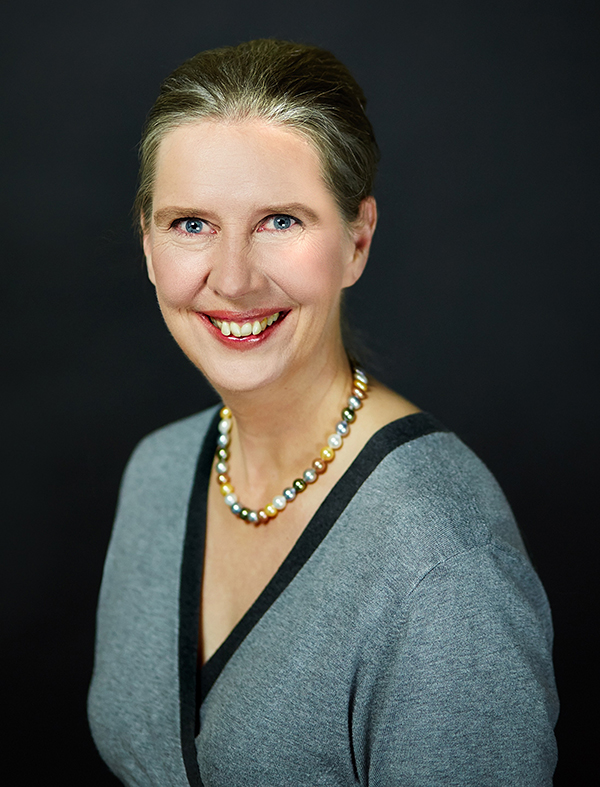Expert Viewpoint: There’s no magic pill
Nursing Collegiate Professor Ardith Doorenbos says nurses are well-positioned to lead a culture shift in this country away from opioid overuse

“I’m coming from Washington state. Out in Washington, we’d like to be known as the Evergreen State, but a statistic we’re not very proud of is that we have had more deaths due to opioids than car accidents.
“This is a growing epidemic and a leading cause of death, not only in Washington, but also Illinois and around the country.
“A lot of opioid use and misuse comes about when patients first have surgery. They are often prescribed for acute pain, but once it gets around to chronic pain—usually around three months after an acute episode like surgery—then it’s important to make sure we have other ways to manage pain, rather than opioids.
“For some providers, the fastest and easiest way to manage chronic pain is by whipping out that prescription pad. That ends a clinic visit faster than anything.
“But if a patient has been on opioids for a long time, it may not be about getting pain relief anymore. The body is craving it. It can become a substance-use disorder. To say that everyone will become addicted certainly is not the case, but the potential is there, and we need to be more mindful and careful about how we prescribe and manage chronic pain.
“Something we’re working really hard to do is to provide tools and education about self-management pain strategies for our patients—strategies that don’t require any prescription at all. Some of these include physical therapy, yoga, meditation, mindfulness, cognitive behavioral therapy and self-hypnosis. They do take more work on the part of the patient and the provider, but we certainly know that when a patient is engaged in his or her own healthcare, they have better outcomes.
“Because many providers haven’t been trained on these strategies, I’ve been working on two projects in particular to decrease our reliance on opioids. The first one is a telehealth consult service called TelePain, which allows rural healthcare providers to access pain management specialists and get expert advice on complex cases. The second is an app for the management of surgical pain, helping patients set realistic expectations about post-surgical pain and how to manage it.
“Pain is complex and we need to treat it that way, both in its assessment as well as in our treatment. It’s a culture change in America that we really need to work on. We’ve had the culture that a pill will fix most everything. Instead, let’s help our patients focus on being more self-engaged and self-motivated to be as healthy as they can.
That’s a culture shift that we as nurses are wellpositioned to lead.”
Doorenbos joined the Department of Biobehavioral Health Science as Nursing Collegiate Professor this year. She will also serve as the director of palliative care at the University of Illinois Cancer Center.